10 players and managers who REALLY fell out
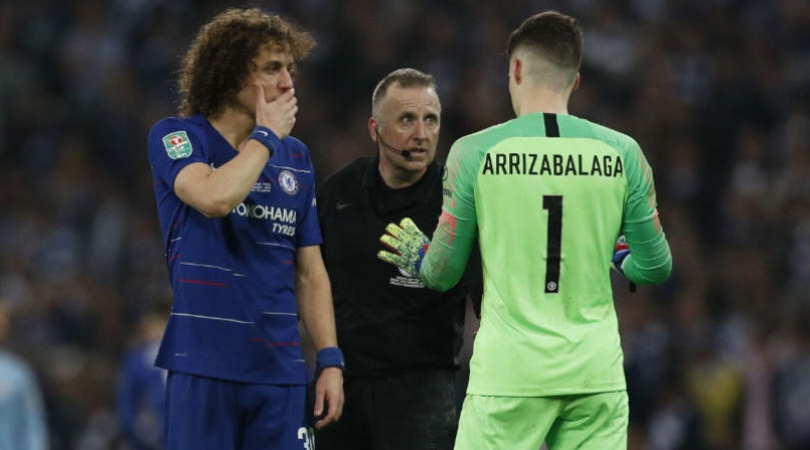
Respect my authority
Over the last few days, the news cycle has been dominated by Kepa Arrizabalaga and Maurizio Sarri’s “misunderstanding” during the Carabao Cup final on Sunday.
The Blues goalkeeper refused to be substituted ahead of Chelsea's penalty shoot-out, winning the stand-off before failing to stop his side losing to Manchester City.
Although it's undoubtedly one of the highest-profile fallouts between player and manager, it's also far from the first or most explosive. So let’s have a look at some of the best…
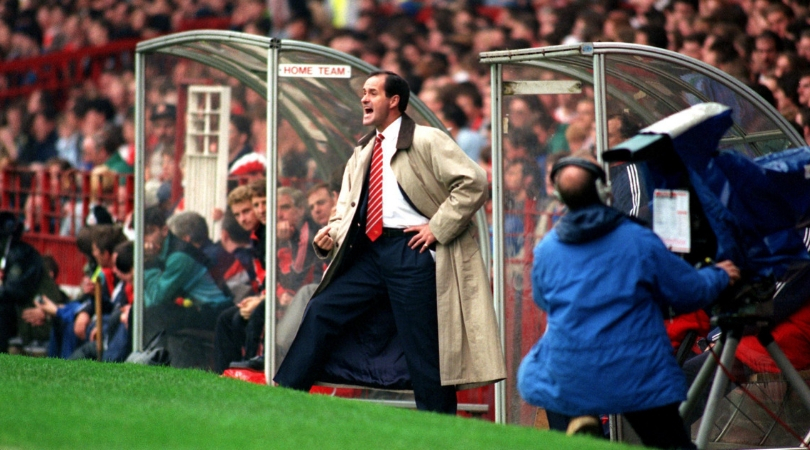
Anders Limpar and George Graham
Graham called Limpar “the most in-form player in the country” at the halfway point of his first season in charge of Arsenal.
The Gunners went on to clinch the league title in 1990/91, but the Swede’s form collapsed and he was never to be the same again, spending the rest of his time at the club between the first team, bench and reserves.
In 1994, the winger was sold to Everton, barely on speaking terms with Graham. He later described working under the boss as like “living in Saddam Hussein’s Iraq… I was prisoner”.
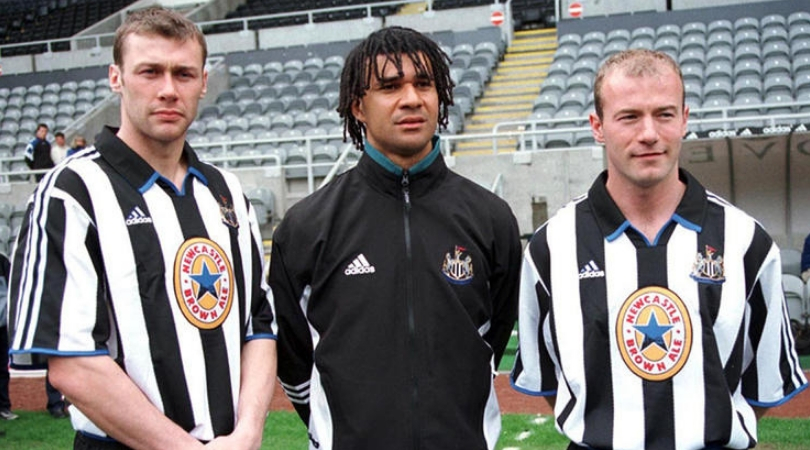
Alan Shearer and Ruud Gullit
Gullit should’ve known better than to clash with fan favourite Shearer, but he nevertheless dropped the striker for an early-season Tyneside derby with Sunderland in August 1999.
His selection didn’t work as the Magpies lost 2-1 – one of six losses in their opening seven games of the season – and the Dutchman resigned three days later.
“I told him to his face he was the most overrated player I have ever seen," Gullit later said of Shearer, who went on to become the Premier League's record goalscorer. "I still think I made the right decision." Not sure about that, Ruud.
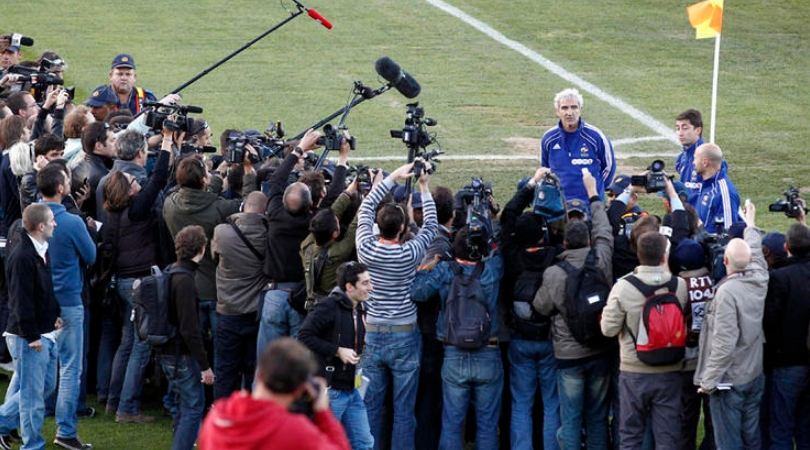
Nicolas Anelka and Raymond Domenech
The 2010 World Cup was a complete disaster for Domenech as France crashed out in the group stage amid player unrest, with Anelka warning the boss of low team morale.
After a goalless draw with Uruguay, Les Bleus fell to a 2-1 defeat against Mexico, during which Anelka was taken off at half-time for calling his manager a “son of a whore” after being told he was out of position.
The striker didn’t apologise and was sent home – not that he had any regrets. “I insulted a coach who the whole of France had already insulted, a coach who had never won anything apart from Ligue 2 and the Toulon tournament,” he said.
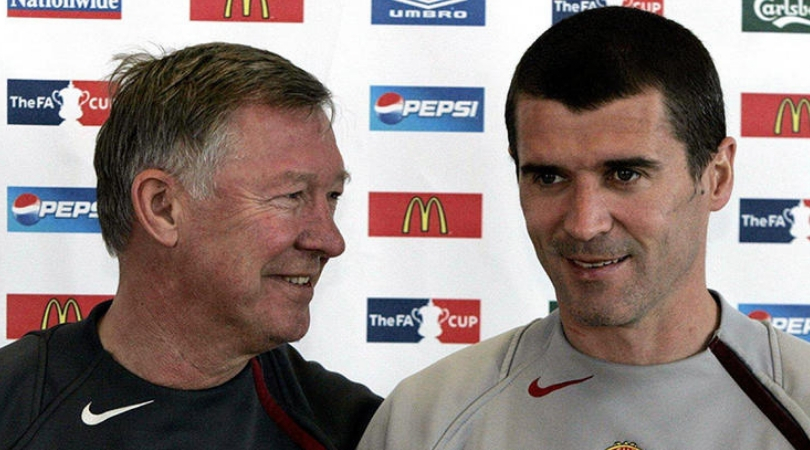
Roy Keane and Alex Ferguson
Keane criticised his manager’s loyalty after the publication of Ferguson’s autobiography in 2013, in which the Scot admitted to being alarmed by Keane’s ferocity during an argument over the midfielder’s criticism of his team-mates after a game against Middlesbrough.
Fergie wrote: “What I noticed about him… was that his eyes started to narrow, almost to wee black beads. It was frightening to watch, and I’m from Glasgow.”
“I don’t see why he needed to say all those things, given the fact we’d won so much for him at United,” the Irishman replied, referring to David Beckham and Ruud van Nistelrooy as well as himself.
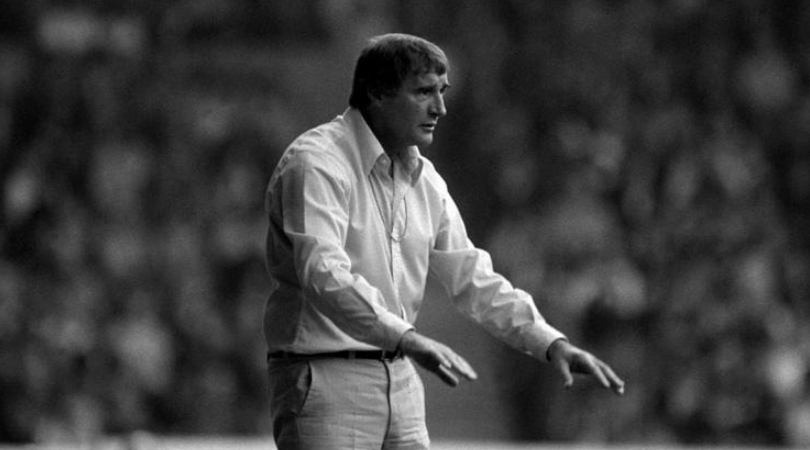
Peter Barnes and Malcolm Allison
“I was very upset about what happened at Manchester City,” said Barnes. “I thought that I was going to be part of the club’s future and I was sold.”
Allison had underlined that he was excited to work with “homegrown players” when he returned to City in the late 1970s, but two men who fitted the description, Peter Barnes and Gary Owen, were sent packing to West Brom during the 1979/80 campaign. The reason? So that the club could finance the signing of Steve Daley from Wolves for a British record £1.4 million.
Daley turned out to be a complete flop and Barnes accused Allison and City chairman Peter Swales of “ripping out City’s heart”. Allison left just a few months later, laying the blame at Swales’s feet.
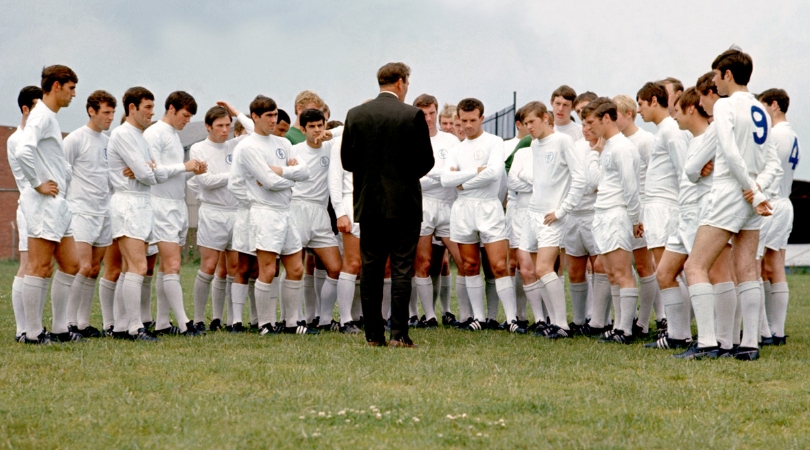
Gary Sprake and Don Revie
It was only in 1977, long after Sprake had left Leeds United, when he told the Daily Mirror that former Elland Road boss Revie had bribed opponents during his time in charge.
Alan Ball and Frank McLintock backed up the claim by saying Revie would offer other teams ‘sweeteners’ to down tools during their games with Leeds, but Sprake remains the only player to have worked under the former England chief and speak out against him.
His team-mates remained loyal to their boss. “To Don and all of us, Gary immediately became a pariah and we wanted nothing more to do with him after he spoke to the press,” one anonymous player said.

George Best and Tommy Docherty
“Tommy Docherty lied to me,” said Best, “and I wouldn’t trust him as far as I could throw him.”
When Manchester United were in a bad place at the end of 1974, Docherty told the maverick Irishman that he could skip the occasional training session as long as he gave everything when he did train.
Best accepted and subsequently didn’t turn up at the training ground after a night out just days before an FA Cup clash with Plymouth, earning him a place on the bench. The United great’s colourful barbs at Docherty continued for years in his after-dinner speeches.
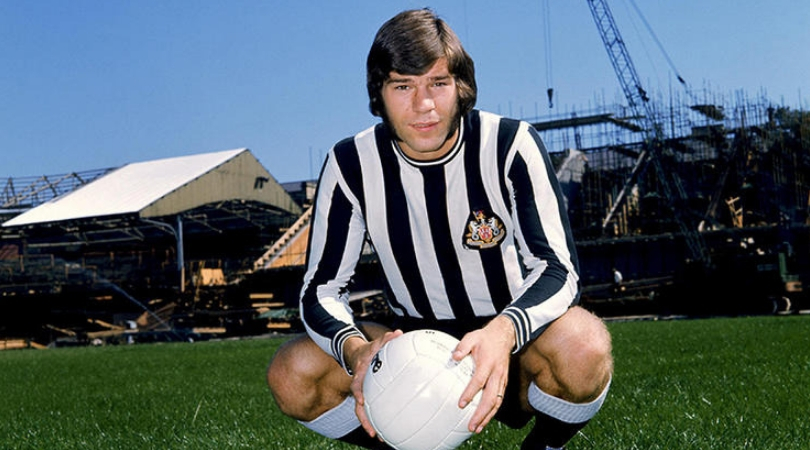
Malcolm MacDonald and Gordon Lee
New Newcastle manager Lee told MacDonald that he “will never be a good professional” soon after his appointment, after the Magpies’ star striker had let it be known that the new boss was not his preferred choice to succeed Joe Harvey.
Lee decided he’d had enough when MacDonald wouldn’t practice throw-ins in training, selling him to Arsenal after one season at the helm. The two have ignored each other ever since.
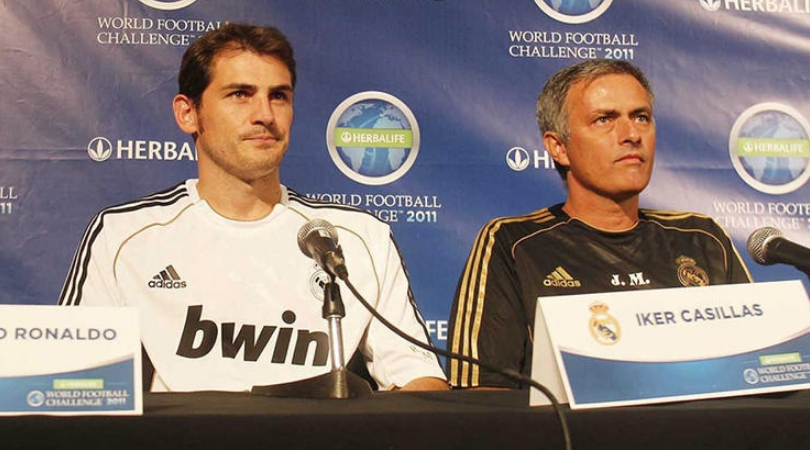
Iker Casillas and Jose Mourinho
Mourinho was at loggerheads with several members of the Real Madrid dressing room during his ill-tempered final season in charge – but none more so than club legend Casillas.
After Los Blancos clinched the 2011/12 Liga title with a record 100 points, Casillas started the following season only to be dropped for youngster Antonio Adan against Malaga in December.
When he fractured his hand a fortnight later, Mourinho brought in Diego Lopez to replace him, and the Spain great never regained his No.1 jersey. "Our relationship started to fall apart when the team wasn't playing well," said the now-Porto keeper. "When you spend so long in the same team, people start to get bored of you."
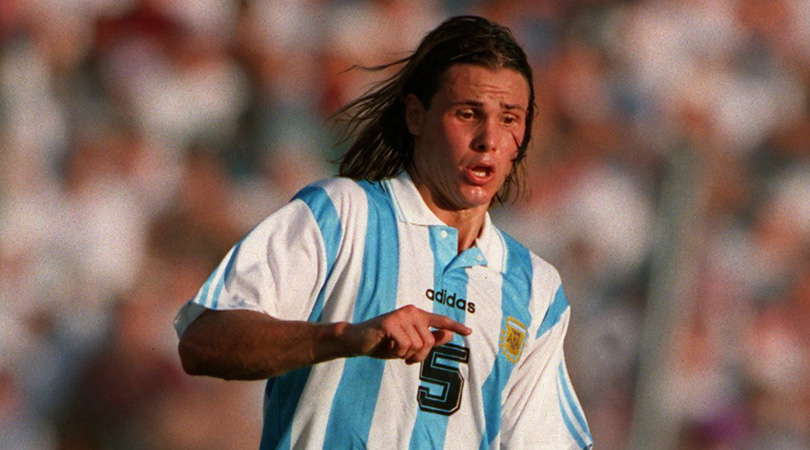
Fernando Redondo and Daniel Passarella
Redondo wasn’t best pleased when Passarella banned long hair and earrings from his Argentina squad, saying: “I didn't see what that had to do with playing football so I said no again."
The midfielder was subsequently left out of his country’s squad for the 1998 World Cup and the fall-out was so high profile that even Diego Maradona and president Carlos Menem waded in.
Redondo was later brought back into the fold by Marcelo Bielsa, but he eventually retired from international football after gaining just two more caps, stating his desire to “concentrate on club football”. As for Passarella, Redondo jibed: “I’d cross the street to avoid him.”
Alasdair Mackenzie is a freelance journalist based in Rome, and a FourFourTwo contributor since 2015. When not pulling on the FFT shirt, he can be found at Reuters, The Times and the i. An Italophile since growing up on a diet of Football Italia on Channel 4, he now counts himself among thousands of fans sharing a passion for Ross County and Lazio.
